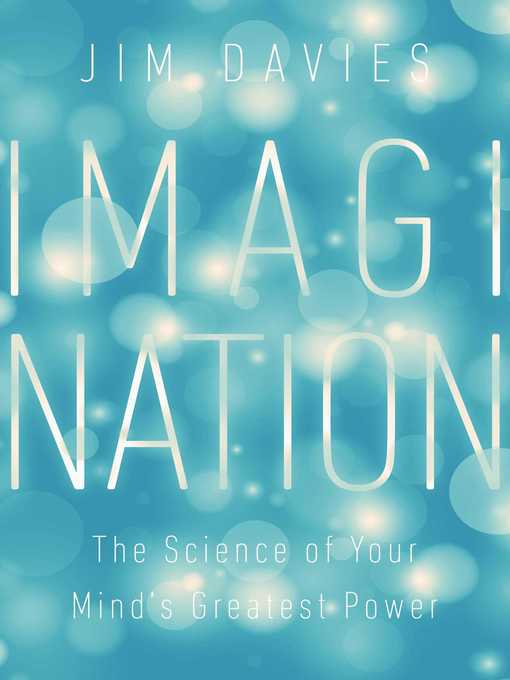
Imagination
- اطلاعات
- نقد و بررسی
- دیدگاه کاربران
نقد و بررسی

September 9, 2019
Davies (Riveted), a professor at Carleton University’s Institute of Cognitive Science, explains what imagination is and how it works in this spirited overview of one of neuroscience’s most complex topics. The imagination is challenging to study, Davies explains, because “you can’t always know (let alone control) what people are or are not doing in their heads.” To acquaint readers with the field, he introduces various recent concepts, such as “threat simulation theory”—that nightmares and other anxiety-inducing dreams allow the brain to practice dealing with pressure. Provocatively, the theory holds that dreams can involve, in addition to recent stresses, “ancestral” memories from the evolutionarily pivotal Pleistocene epoch. Explaining that the imagination is dependent on the brain’s systems for perception and memory, Davies devotes a good deal of text to laying out how both systems operate. He also suggests that simply picturing oneself doing a physically demanding activity can improve one’s actual ability, as “much of the mind can’t tell the difference between what’s real and what’s imagined”; for the same reason, computer-generated simulations can also help. Davies’s knack for translating the abstract into the tangible—while also doing justice to the original ideas—will make this scientific take on imagination appealing to generalists and specialists alike. Agent: Don Fehr, Trident Media Group.

September 15, 2019
When asked to imagine a brown cow, what takes place inside your head? This pleasantly winding survey offers some clues. Per John Lennon, can we really imagine that there's no heaven? Perhaps, writes Davies (Cognitive Science/Carleton Univ.; Riveted: The Science of Why Jokes Make Us Laugh, Movies Make Us Cry, and Religion Makes Us Feel One With the Universe, 2014), but given that imagination seems to be strongly tied to memory, it may be that we can't really know what we haven't experienced--or perhaps we can. Either way, it shouldn't keep us from trying: Imagination is, after all, a component of creativity and of problem-solving. As the author reveals, imagination is strongly linked as well to the related word "imagery," which opens onto a universe of symbols with its own grammar, declarative and otherwise. Memory recall is a work of imagination "because memories are reconstructed every time they are retrieved"--and therein lies the possibility of negative consequences, since reconstructed memories can be unhappy ones. Good or bad, Davies examines how thinking works, always in a complicated way, since, as he notes, "there's a saying in neuroscience: if the brain can do things five different ways, it does all ten." His discussion covers such matters as hallucinations, which defy description, and imaginary friends: Some readers may take comfort in knowing that there's no requirement that one abandon them at an early age. "When the child perceives that the parent starts to disapprove," writes Davies, "the imaginary companions go dark: the children stop sharing information about companions, and only play with them when parents aren't around." At the close of his ever engaging book, Davies notes that the visual and spatial components of the brain and the contents it holds are often "bewildering." A worthy companion to books by Oliver Sacks, Daniel Dennett, and other students of the always puzzling human mind.
COPYRIGHT(2019) Kirkus Reviews, ALL RIGHTS RESERVED.




دیدگاه کاربران